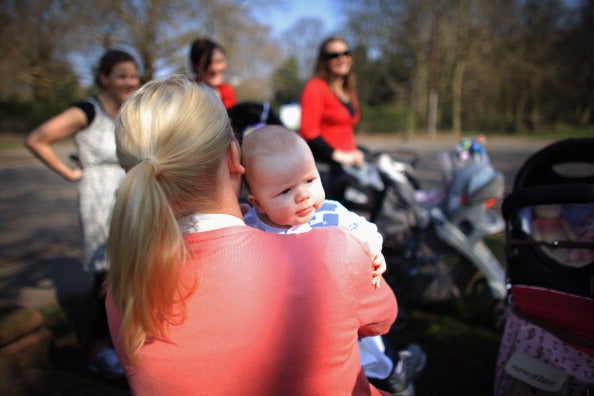Universities are failing to provide support for student mothers and key professions are losing thousands of potential recruits as a result, according to new research.
The report – from the University of Warwick’s Institute for Employment Research – highlights the extent of the pressures placed upon mothers who go into higher education, and calls for more to be done to assist them.
Funded by the Nuffield Foundation – a charitable organisation which aims to better social well-being – the findings highlighted a trend where mothers are undertaking a degree, within subjects such as midwifery, teaching, or social work.
Upon studying, the report says they were poorly-informed about what graduate jobs would entail when they applied, forcing them to drop-out late into their degree, or during a postgraduate year.
It adds how placements on some of the courses are “very unforgiving” and often represent a “crunch point.”
According to the report, key points which cause stress for student mothers is the challenge of juggling childcare, domestic, and paid work, all while studying.
While some student mothers can and do achieve social mobility, says the Foundation, overall, this group of students experience relatively poor social mobility compared with their other female counterparts.
Along with the other authors, Dr Clare Lyonette, who led the study, is now calling for more to be done to make higher education a more positive experience for mothers.
She said: “On a course where there are lots of student mothers, universities need to step up, providing a timetable with perhaps more condensed lectures which could facilitate childcare, which is very costly.”
Adding how lecturers could also be more flexible in their approach – by providing some leeway when there are difficulties at home – she emphasised the importance of providing mothers with as much information about particular courses when they first apply in order to avoid drop-outs.
More information from the university on funding and childcare opportunities would also be helpful, she added, as would careers advice, if tailored to their needs.
She urged universities to also put mothers in touch with other student mothers – especially on courses where they may feel isolated.
Commending them for being “really hard workers” who are “determined to get the job done,” she added: “This needs to be recognised and supported, especially in the face of widening participation among non-traditional students and increased tuition fees which have decreased the number of mature students even applying to higher education.”
Subscribe to Independent Premium to bookmark this article
Want to bookmark your favourite articles and stories to read or reference later? Start your Independent Premium subscription today.


Join our commenting forum
Join thought-provoking conversations, follow other Independent readers and see their replies